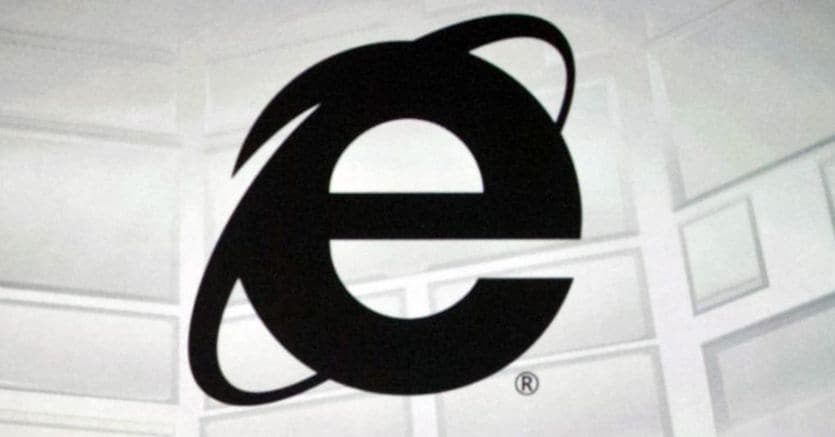Those who have frequented the Internet for a long time cannot fail to have had something to do with it, and his definitive departure, today June 15, 2022, brings numerous memories to his memory.
We are talking about Internet Explorer, the first Microsoft browser. A laconic message on the download page of the software house founded by Bill Gates and Paul Allen certifies its definitive disappearance, replaced for all versions of Windows from 7 onwards by a modern browser: Microsoft Edge, which the Seattle house suggests using in its place.
History
The name Internet Explorer itself suggests that at its inception in 1995, the Internet was a very different thing from the all-encompassing, global network it is now. The noun “explorer” indicated the need to explore a novelty, of which the same Microsoft executives at the time, Bill Gates in the lead, did not yet fully perceive the potential. At that time, the staff of the Seattle company was trying to understand how much this phantom global network, structured on the Tcp / Ip protocol and potentially capable of connecting all the computers in the world, would develop and if it was truly able to change the ‘use of computers, which at that time were completely disconnected or almost all “spoke” only with their immediate neighbors, through local networks.
But ultimately the decision was made, and therefore it was decided that a new software tool that could handle the Hypertext Transfer Protocol (Http), with its ability to jump around the Internet via links, would be included. for free in the versions of Windows then on the market. There were already other browsers, Mosaic and Netscape Navigator the two most popular, but the inclusion of Internet Explorer within the then (and now) most popular operating system turned it into a kind of standard.
The decline
The almost undisputed dominance of Internet Exporer lasted several years, but it began to be scratched quite soon: new browsers that were faster and better supported all the new features that were gradually available to the surfers of the World Wide Web began to emerge, and to contend for the dominance of the Microsoft program. Three milestones occurred in 2003, with the birth of Safari for Macintosh computers, in 2004, when Mozilla was born from the ashes of Netscape, and in 2008, when the giant Google launched Chrome. The prevalence of Internet Explorer, once absolutely dominant, began to decline.
Edge, the son
Microsoft itself, bequeathed by Gates first to Steve Ballmer and then, since 2014, to Satya Nadella, the real main actor who allowed a company born from the old economy to remain on the crest of the wave even now, realized that continuing to try to improve Internet Explorer was a pipe dream. Too many new features had been added to the web over the course of 20 years, and Microsoft’s first browser had long since lost market dominance. Furthermore, his slowness had become proverbial, ei meme sui social they were born like mushrooms. Edge was born in 2016. The new browser from Microsoft has not been able to become the market leader, which has been dominated by Chrome for years, but still offers itself as a valid and modern alternative.
